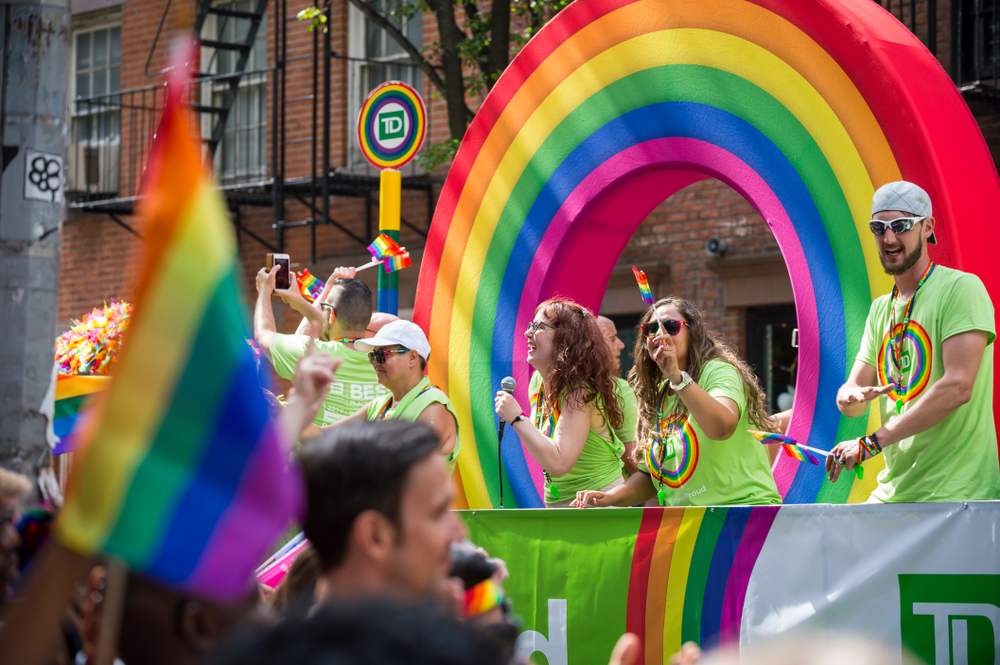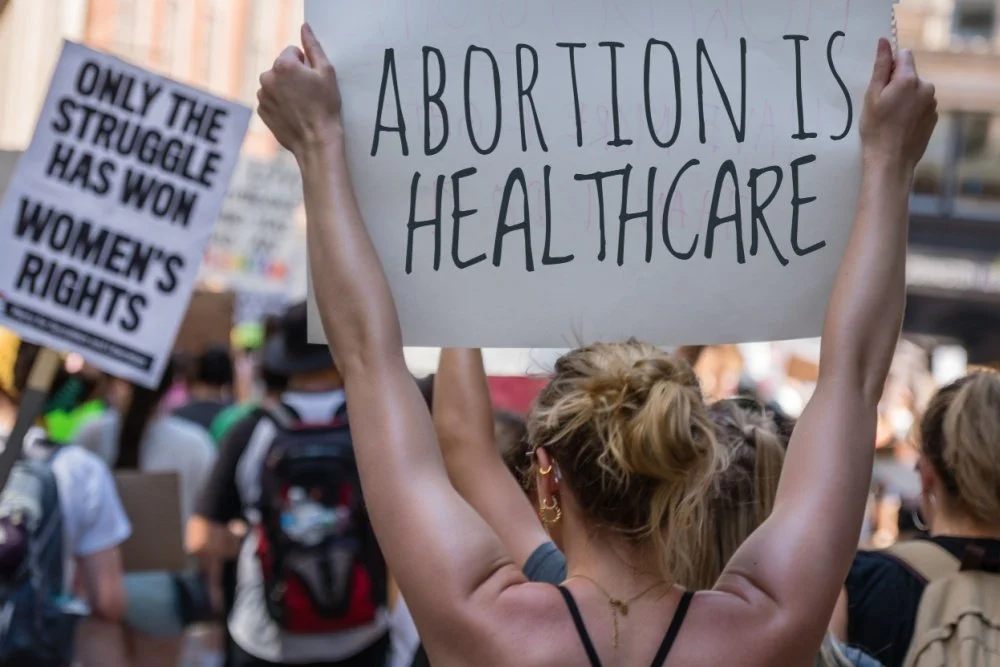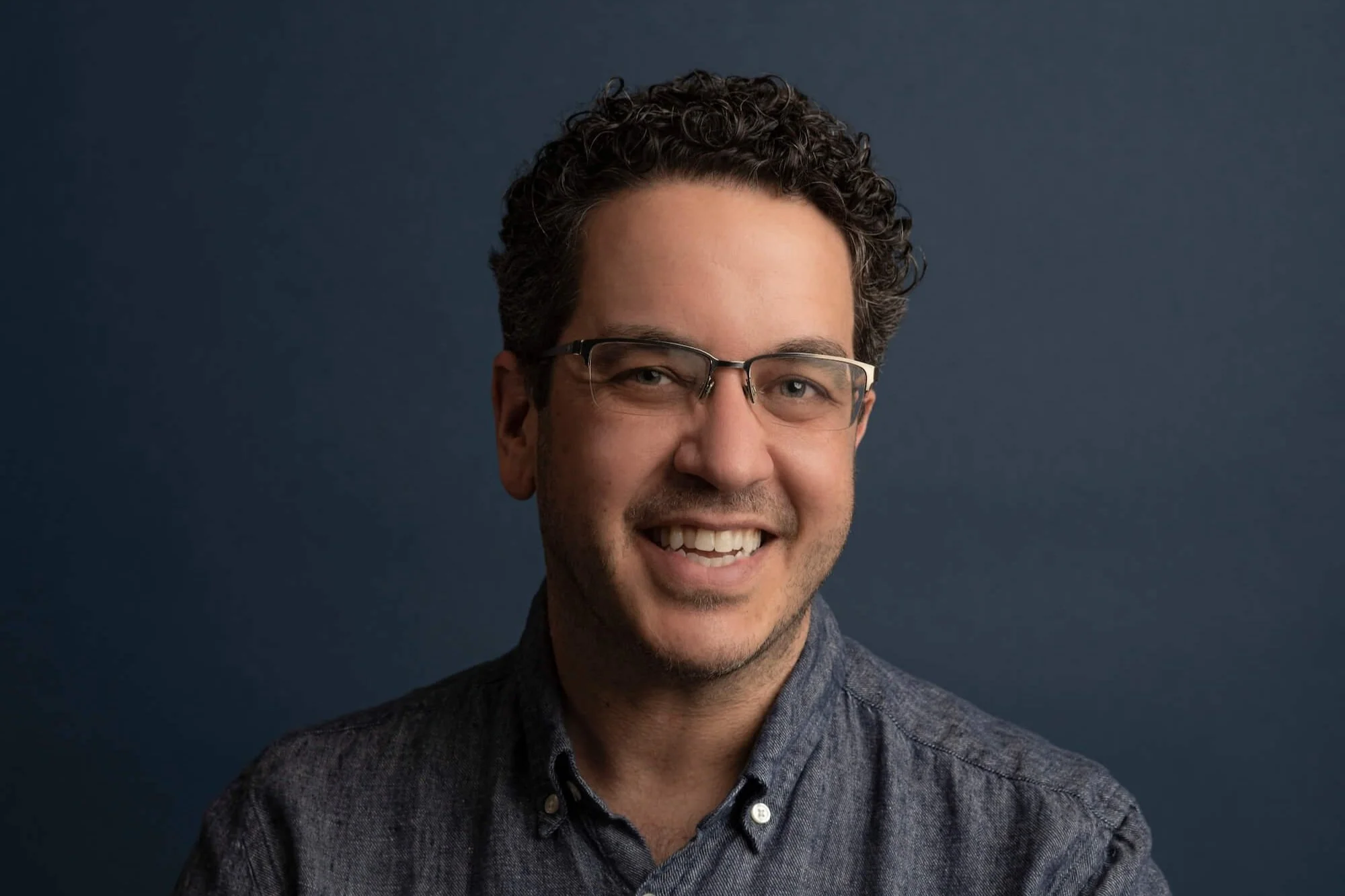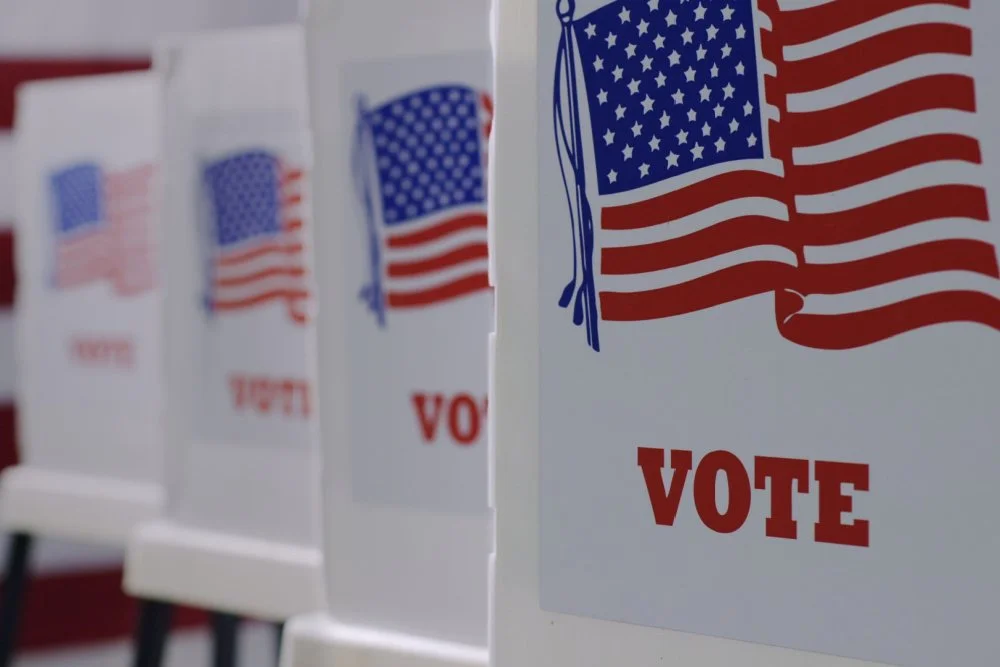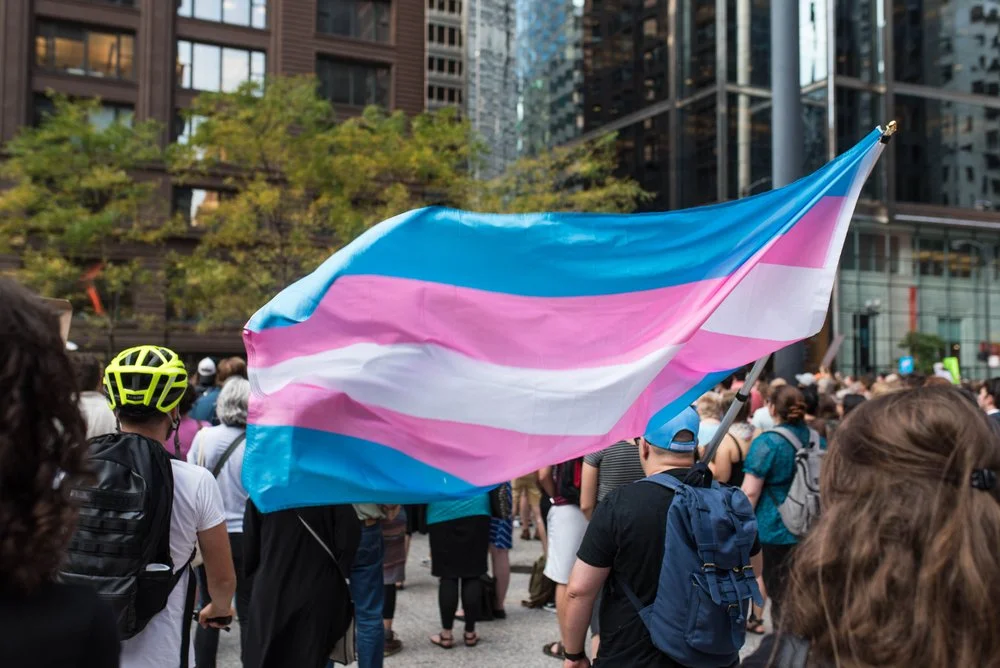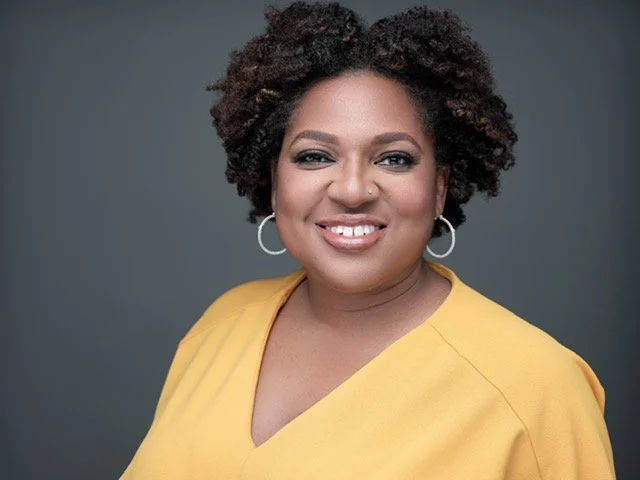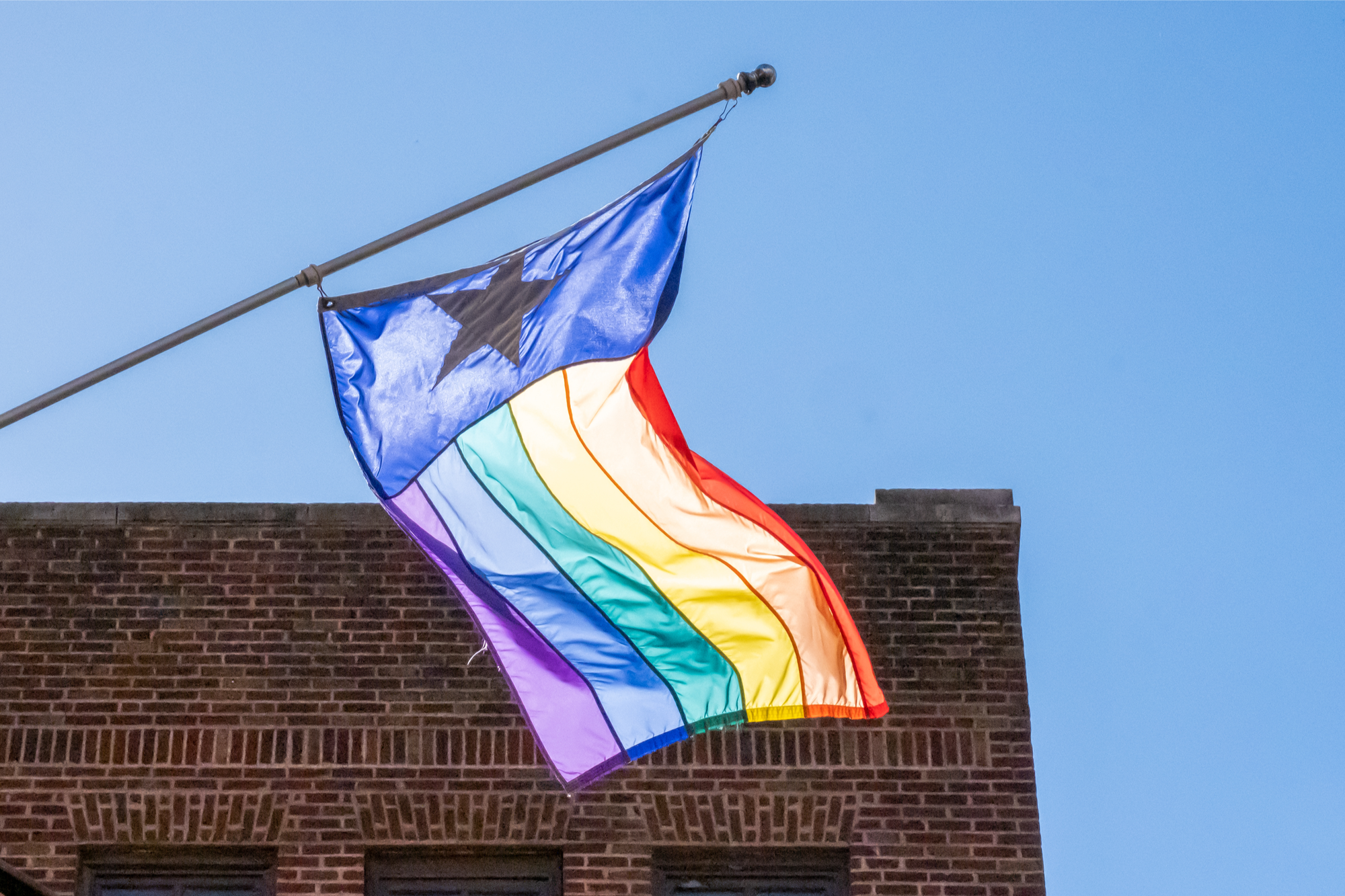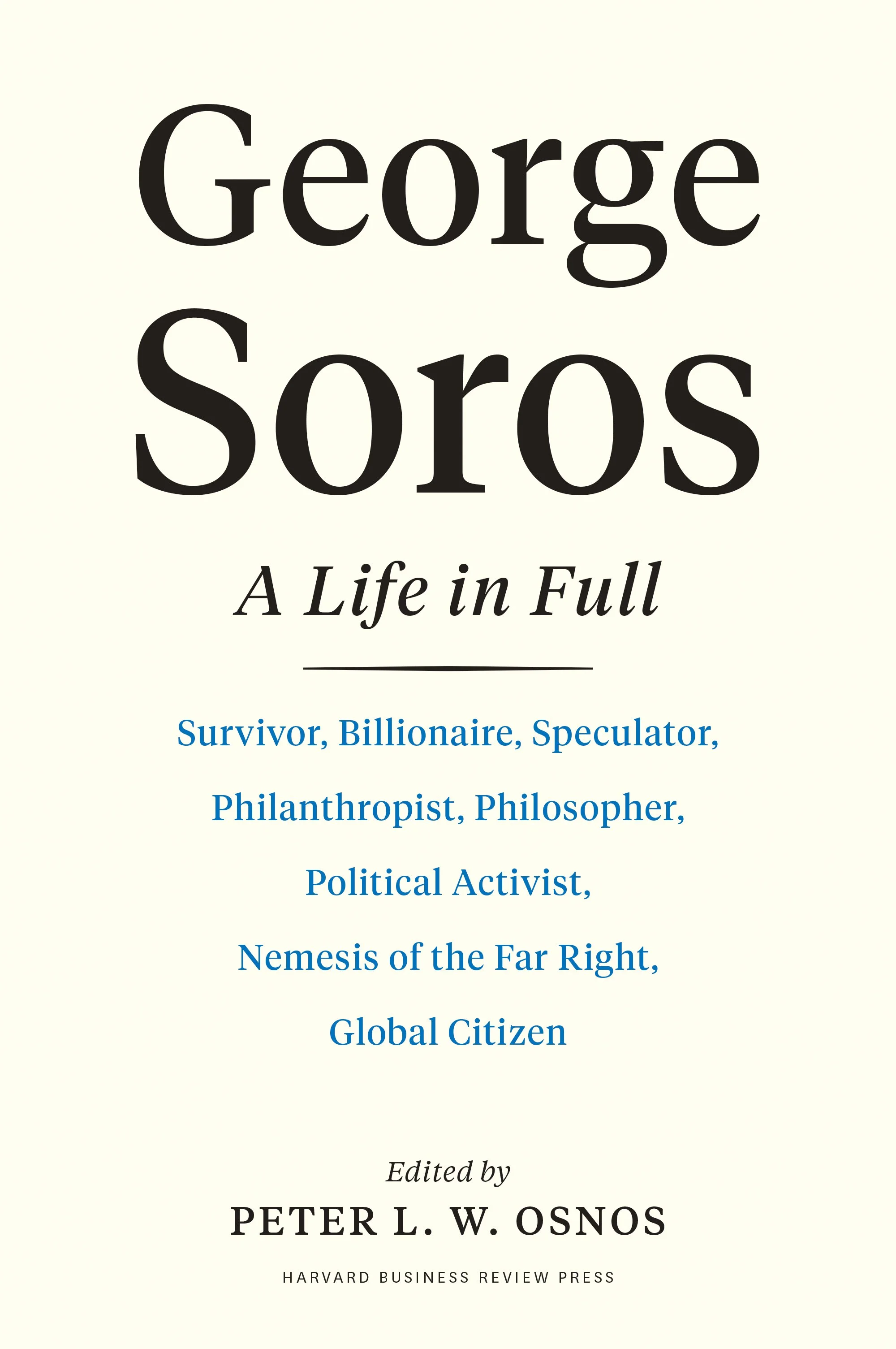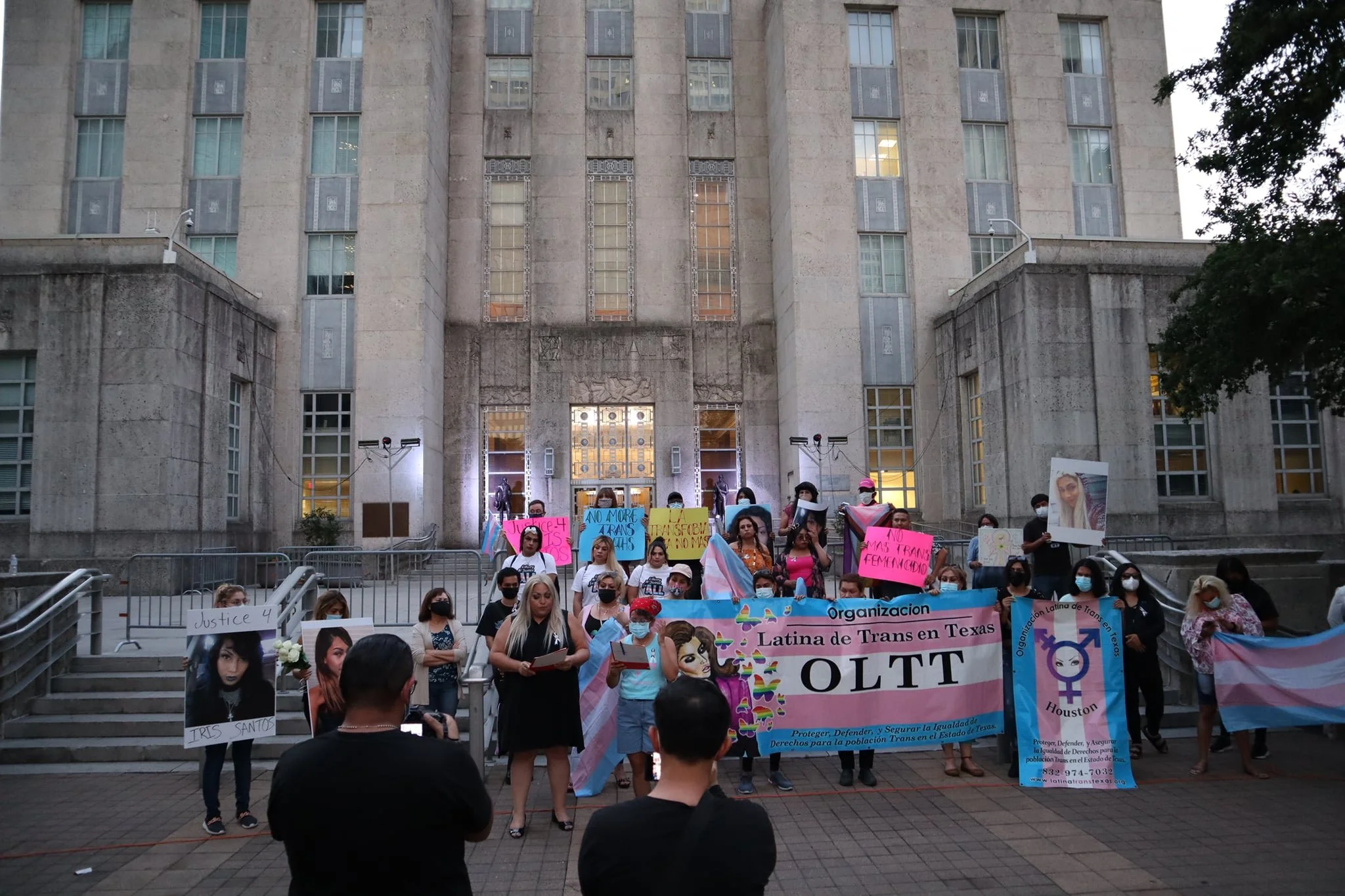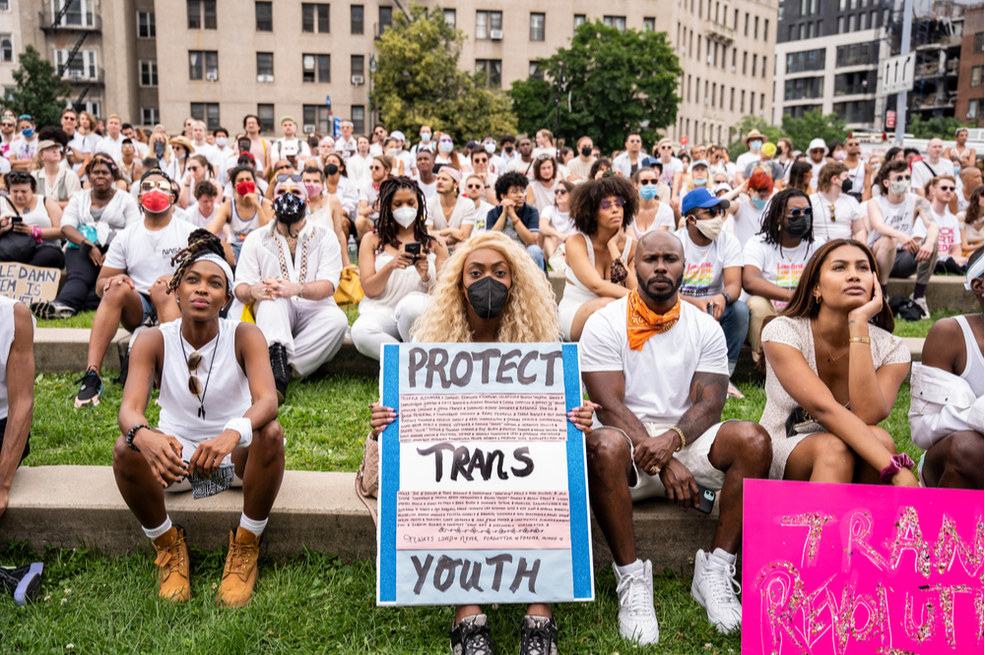Corporate Pride: Why Have Major Firms Lined Up Behind LGBTQ Causes?
/The TD Bank Float at the new YOrk City pride march. photo: lazyllama/shutterstock
In an earlier era, it would have been unheard of to see America’s major corporations sponsor gay pride floats and dispatch employees to LGBTQ parades. Now, that’s the norm. While small businesses may be regular focal points for the “religious liberty” debate when they refuse to serve gay customers, LGBTQ advocates now have mainstream corporate culture firmly in their camp.
Corporate philanthropy reflects that new reality. According to the latest data from Funders for LGBTQ Issues, giving by corporations accounts for a notable portion of overall LGBTQ grantmaking. In 2016, that support totaled $20.4 million. Just like LGBTQ philanthropy as a whole, the numbers here have been on a steady ascent: Corporate funders gave nearly twice as much as in 2016 as they did in 2012, belying concerns that funding would falter after the 2015 marriage equality decision.
Some of the top corporate givers for LGBTQ causes include Gilead Sciences, MAC Cosmetics (through the Mac AIDS Fund), and Wells Fargo.
Related: Carrying on the Fight: What's the State of LGBTQ Funding?
Just in time for Pride Month, AT&T also recently stepped up its LGBTQ support. The telecom giant committed $1 million to the Trevor Project, along with $675,000 in technology and support services. Founded 20 years ago by the filmmakers behind Trevor, which won a 1995 Academy Award, the organization provides crisis intervention and suicide prevention services to LGBTQ youth. This gift is the largest in its history. AT&T maintains that with this grant, the Trevor Project will be able to increase the number of youth served by its digital platforms by a factor of four.
In addition to awarding this grant, AT&T is celebrating Pride Month with a raft of LGBTQ-themed programming, sponsorships and giveaways. And it’s not alone. In addition to big telecommunications, big tech and the big banks, even companies like Walmart have gotten aboard the pride train. But why is that? And what does a strong corporate showing tell us about LGBTQ philanthropy?
The most obvious causal factor to point to is the money. After all, companies like AT&T do business across the country. And while a segment of their customers likely do not support LGBTQ rights, the majority do—at least since around 2011. That was the year, according to Pew, that roughly the same percentage of Americans supported as opposed same-sex marriage. In the interim, we’ve witnessed a demographic sea change with enduring momentum. Ten years ago, only 39 percent indicated support. Now, that figure is upward of 62 percent. And that figure is much higher among millennials, an age cohort that corporations are especially eager to connect with given their purchasing power and huge role in the workforce.
For AT&T, the development of a business-case trajectory seems pretty clear. Although the company touts various anti-discriminatory internal policies going back to the 1970s, things really picked up at the Dallas-based firm in the new millennium. According to a post by AT&T’s diversity marketing director Dora Lorenzo, the company sought specific ways to “respectfully and authentically prove itself as a strong LGBTQ community ally. It was my job to survey the landscape, assess our opportunities and growth areas, and chart a path forward for AT&T to engage with the LGBTQ crowd.”
In addition to boosting AT&T’s corporate responsibility profile, those objectives speak to an eagerness to capitalize on the cause’s undeniable cool factor. As a college student at the time, I remember how “in” it was to be pro-LGBTQ around 2010 and 2011. It makes business sense to secure the goodwill of a younger market that largely embraces gay rights as a given.
Despite continued political jostling on the issue, companies feel it’s in their interest to oppose discrimination. We saw that very clearly when a boatload of major companies signed a 2016 amicus brief against North Carolina’s “bathroom bill."
But in contrast to leading foundation donors like Arcus, Gill, Ford and the Evelyn and Walter Haas, Jr. Fund, corporations tend to back less controversial LGBTQ causes. For the most part, they tend to steer away from giving to advocacy and grassroots organizing groups. Instead, corporations focus on issues like public health (HIV/AIDS in particular) and grantees like the Trevor Project. After all, who could object to suicide prevention for youth? The Trevor Project’s existing benefactors are mainly corporate: Wells Fargo, EY, Kimpton Hotels and Restaurants, and Coca Cola top the list. The Annenberg Foundation is one sizable foundation donor.
Going forward, corporate support to improve the “lived experience” of LGBTQ communities will no doubt be welcome as the funding community pivots to those priorities. Supporting people, rather than changing policy, will more easily form the basis for cross-sector partnerships. And while the organizing component of LGBTQ philanthropy will likely remain the province of foundations and private donors, the corporate voice is a powerful legitimizing force for a movement that’s achieved phenomenal success in a short time.
Related:

